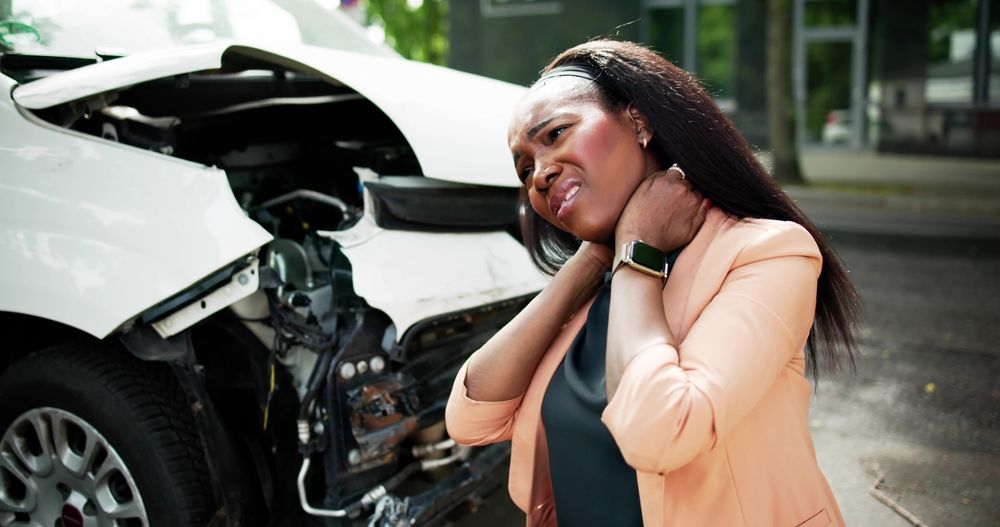
Car accidents can happen when you least expect them, and in the aftermath it’s easy to feel overwhelmed. The decisions you make immediately after an accident are crucial if you want to seek fair compensation for your injuries and/or property damage. Whether it’s a car crash, motorcycle wreck or any other type of motor vehicle accident, it is important to know what steps to take as well as common mistakes to avoid.
Steps to take after a car accident
1. Seek medical attention
Your health and safety are top priority. Even if you don’t feel seriously injured right away, it’s important to get checked out by a medical professional. Some injuries, such as whiplash or a concussion, may not show immediate symptoms. Documenting your injuries through medical records can be key evidence in a personal injury lawsuit.
2. Document the scene
If you are physically able to, gather as much evidence from the scene as possible. Take photos of the accident site, your injuries and any property damage. If there are witnesses, collect their contact information. Detailed documentation can help establish what happened and who is at fault.
3. File a police report
In many cases, especially car accidents, a police report is essential. It provides an official record of the incident and may include the officer’s assessment of who was at fault. This document can be an important piece of evidence when filing your personal injury lawsuit.
4. Notify your insurance company
Inform your insurance company of the accident as soon as possible. Be honest and factual in your statements, but avoid admitting fault, as this could harm your potential case. Some insurance companies may look for ways to minimize payouts, so be cautious with your communication.
Common mistakes to avoid after an accident
1. Delaying medical treatment
Failing to seek medical attention promptly can hurt your potential personal injury lawsuit. Insurance companies may argue that your injuries aren’t as severe as you claim or that they were caused by something else after the accident. Always follow through with recommended medical treatment and keep all documentation.
2. Not gathering evidence
If you neglect to gather evidence at the scene, you may have a harder time proving your case later. Even small details like weather conditions or the time of day can be important in reconstructing the accident. If you’re unable to collect evidence due to injury, ask someone else to assist you.
3. Speaking too freely to insurance adjusters
Insurance adjusters may seem helpful, but their goal is to settle claims for as little as possible. Avoid making any statements that could be taken as an admission of fault or downplay your injuries. You may want to consider consulting with a personal injury lawyer before giving a formal statement.
The role of a personal injury lawyer
A personal injury lawyer can try to help you receive fair compensation for your injuries. They can help you navigate the legal process and can help build a case on your behalf. Sometimes they may be available to handle negotiations with insurance companies.
Most importantly, a personal injury lawyer can fight for your best interests so that you aren’t pressured into accepting a low settlement.
If you were involved in any type of motor vehicle accident, contact LegaFi for more information.
The law firm responsible for the content of this page is:
LegaFi Law LLC (an Arizona law firm)
888-4-LegaFi
www.legafi.com
